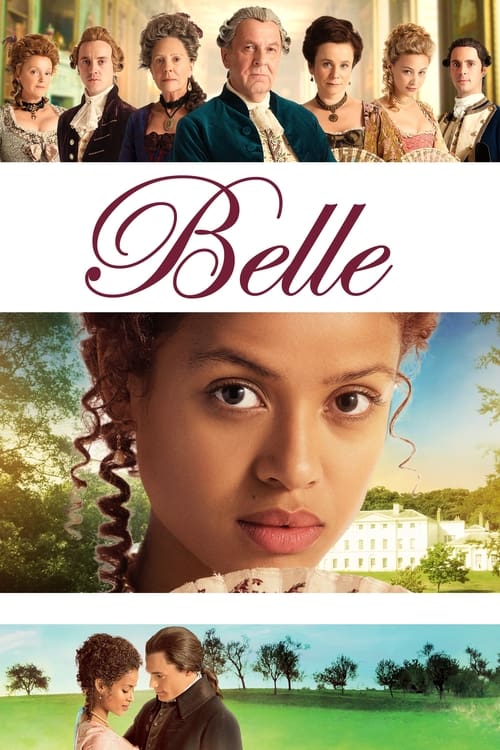
Title: Belle
Year: 2013
Director: Amma Asante
Writer: Misan Sagay
Cast: Gugu Mbatha-Raw (Dido Elizabeth Belle), Tom Wilkinson (Lord Mansfield), Sam Reid (John Davinier), Emily Watson (Lady Mansfield), Sarah Gadon (Lady Elizabeth Murray),
Runtime: 105 min.
Synopsis: Dido Elizabeth Bell, the illegitimate, mixed-race daughter of a Royal Navy admiral, plays an important role in the campaign to abolish slavery in England.
Rating: 7.1/10